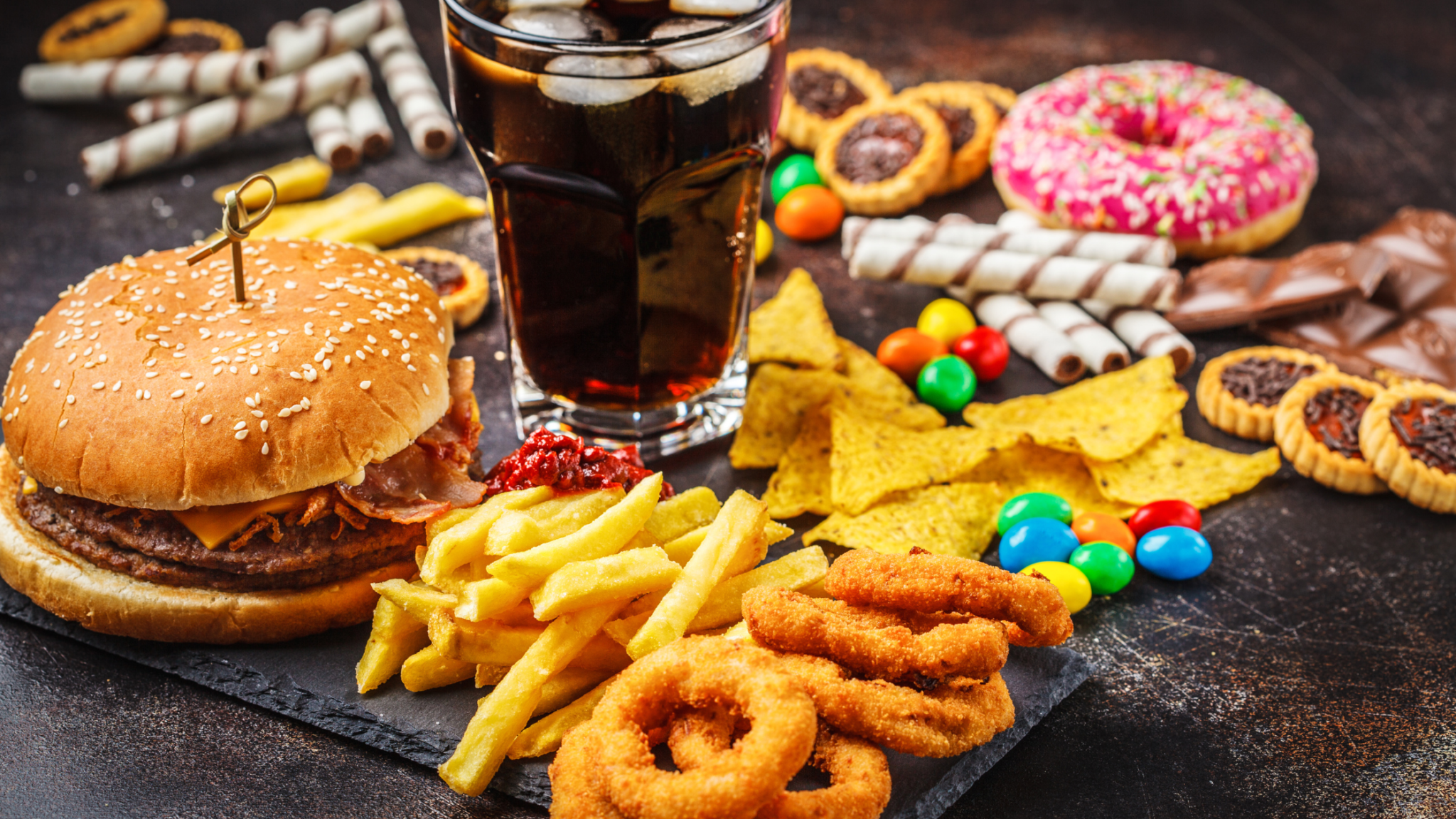
Do you ever feel low, anxious, or depressed? You’re not alone. Many of us struggle with our mental well-being in today’s fast-paced world. While there are various factors that affect our mood and emotions, one surprising element that deserves more attention is our food choices. Recent research has revealed a significant link between ultra-processed foods and an increased risk of depression, especially among women. I want to share some insights on this crucial connection and how you can overcome it to enhance your overall wellness.
What are Ultra-Processed Foods?

Ultra-processed foods are products that undergo heavy industrial processing and often contain chemical additives. They include prepackaged soups, sugary beverages, ready-to-eat meals, and an array of convenience snacks like chips, candies, and sodas. These items frequently feature artificial sweeteners, which recent studies have pinpointed as a notable contributor to depression risk.
A study published in JAMA Network Open revealed a stark correlation: Women who consumed over nine servings of ultra-processed foods daily had a staggering 50% higher risk of depression compared to those who consumed fewer than four servings per day. This research also pointed out that artificial sweeteners, found in many ultra-processed foods, might affect mood regulation by triggering purinergic transmission in the brain.
How Ultra-Processed Foods Affect Your Mental Health

The relationship between ultra-processed foods and depression:
• Chronic Inflammation: Ultra-processed foods can cause chronic inflammation in the body, which can extend its influence to the brain and contribute to depressive symptoms.
• Gut Microbiome Disruption: These foods can disrupt the gut microbiome, a community of microorganisms in our digestive system. This microbiome plays a pivotal role in producing neurotransmitters like serotonin and dopamine, which heavily influence our mood and emotions.
• Nutrient Deficiencies: Ultra-processed foods are often nutrient-poor, lacking in essential vitamins, minerals, antioxidants, and omega-3 fatty acids. These nutrients are vital for optimal brain function and overall mental health.
How to Improve Your Diet and Mood

Now that you know the link between ultra-processed foods and depression, here are some tips on how you can reduce your consumption of these foods and improve your well-being:
Cook from Scratch: Preparing meals from fresh or minimally processed ingredients is a powerful strategy. Incorporate fruits, vegetables, whole grains, legumes, nuts, seeds, eggs, fish, poultry, or meat into your cooking.
Meal Planning: Plan your meals in advance and create a shopping list to resist the temptation of impulse purchases of ultra-processed foods.
Read Labels: Always read the labels on packaged foods. Pay attention to the ingredients list and nutrition facts. Be cautious of products with numerous unrecognizable or unpronounceable ingredients, high sugar, salt, fat, or additives.
Seek Healthier Alternatives: Swap out ultra-processed options for healthier alternatives. Choose water or unsweetened tea over soda, opt for fruits or nuts instead of cookies or candy bars, and consider making homemade pizzas or pasta with whole-grain components and fresh toppings.
Practice Moderation: While it’s essential to limit ultra-processed foods in your diet, occasional indulgence in your favorites is perfectly fine. Just remember the key is moderation.
Join Our Community for More Support

At TechMae, we’re deeply committed to your health and well-being. That’s why we’ve established a health and wellness community within our app where women can come together, support one another, and share their insights and experiences on maintaining a balanced diet and feeling their best. Join us today and start on a journey to enhance your mood and mental health through the power of nutrition.
Together, we can make a significant impact on the well-being of women everywhere.

